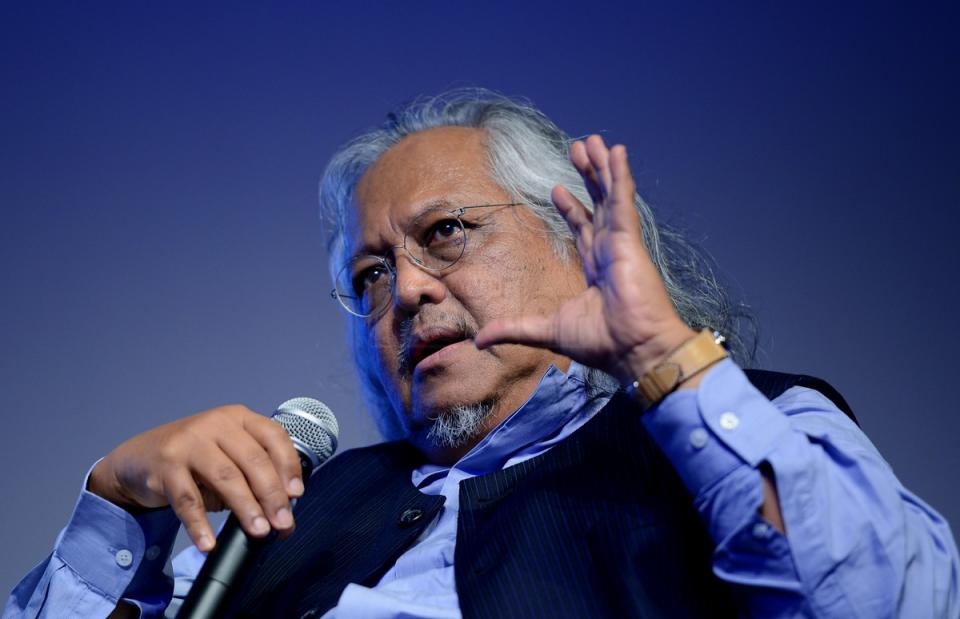Malaysians more concerned about education than ethnic and religious issues, unity council says

A majority of Malaysians are more preoccupied with the quality of education and the infrastructure in their communities rather than ethnic and religious issues, such as the tussle over the word Allah, the National Unity Consultative Council (NUCC) discovered through feedback from its dialogue with the people.
Ethnic issues are intentionally played up by political parties to gain support, said senior officials of the NUCC secretariat, who have organised 20 dialogues throughout the country in the past two months.
Feedback from the unity dialogues or “dialog perpaduan” also showed that Malaysians want politicians from Pakatan Rakyat and Barisan Nasional to work together to solve national problems.
NUCC secretariat member Datuk Prof Dr Shamsul Amry Baharuddin said preliminary results from more than 5,800 participants also revealed that many Malaysians cited “peace” as the one thing they liked about Malaysia.
“People rarely discussed ethnic differences like in the media. They may talk about differences of education or in implementation of government policy and the rural urban divide.
“Ethnic issues are not immediate on their mind, what is more immediate are facilities available to them and the opportunities for education.
“People are concerned about social mobility, especially for their children,” said Shamsul Amry, who is also a political scientist with Universiti Kebangsaan Malaysia (UKM).
The NUCC was set up in November last year to deal with rising ethic polarisation and to reconcile rifts in Malaysian society that have worsened after the May 5 general election.
The ongoing tussle over the use of the word "Allah", the threats of instigating another race riot by Malay supremacist groups and fractious child custody battles between Muslim and non-Muslim parents are among incidents that have stoked anger among different communities.
The council is made up of BN and Pakatan leaders as well as personalities from the corporate sector, youth bodies and NGOs.
The unity dialogues are aimed at gathering direct public feedback on what ordinary Malaysians think about ethnic relations.
The dialogues attracted audiences from a wide swathe of Malaysian society, said Shamsul Amry, including women’s and youth groups and individuals from all ethnic backgrounds.
"Although cultural issues were brought up, such as speaking the national language and English competency, they were not as important as those related to education and social mobility," said Shamsul Amry.
He added that ethnic issues would continue to be played up by political parties because many of them were still race-based. Malaysians will still voted for them so long as there was an economic value attached to race.
This is especially since being classified as Malay or Bumiputera brings certain economic privileges.
“They have little choice. If you are a Malay, there is an economic value attached to it. So how can you say you are not interested (in Umno)?
“Do they (Malays) have other choices? If PKR is 60% Malay, can you say that the party is Malay-based? This is a difficult question.”
Most participants also identified “peace” as the most endearing aspect of living in Malaysia despite admitting that crime was a big worry.
“There is crime but there is no 'gaduh' (fighting). They appreciate this and it means they can go about their lives.”
Participants also want rival state governments and the federal administration to stop their bickering and work to solve problems.
Another NUCC secretariat member, Professor Dr Mansor Mohd Nor, said the public felt both coalitions should recognise that they were elected to their respective governments.
“They want more national leaders, not leaders who only care about the interest of their own parties. They want them to work together to solve problems such as in the water issue (affecting Selangor and the Klang Valley).”
The BN federal administration and the Pakatan Selangor government have been feuding ever since the 2008 general election on how to manage the state’s privatised water industry.
The industry supplies 7.2 million residents of Selangor, Kuala Lumpur and Putrajaya with treated water.
The impasse in negotiations between the two over restructuring the industry and the building of the Langat 2 water treatment plant have contributed to a water shortage that has hit more than two million homes in Selangor and Kuala Lumpur. – April 24, 2014.


